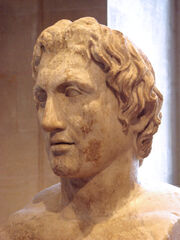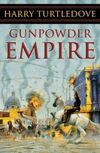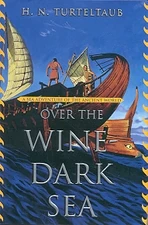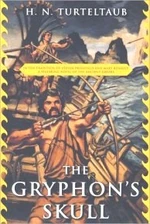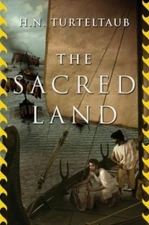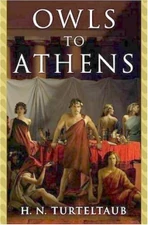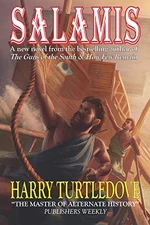TR (Message Wall | contribs) (Adding links since the Hellenic books are back in print, and we might get around to them. Shut up, it could happen!) |
TR (Message Wall | contribs) (Adding categories) |
||
| (One intermediate revision by the same user not shown) | |||
| Line 50: | Line 50: | ||
[[Category:4th-Century BC Births]] |
[[Category:4th-Century BC Births]] |
||
[[Category:4th-Century BC Deaths]] |
[[Category:4th-Century BC Deaths]] |
||
| ⚫ | |||
[[Category:Died Under Unknown Circumstances (OTL)]] |
[[Category:Died Under Unknown Circumstances (OTL)]] |
||
[[Category:Generals]] |
[[Category:Generals]] |
||
| Line 55: | Line 56: | ||
[[Category:Hellenic Traders Characters]] |
[[Category:Hellenic Traders Characters]] |
||
[[Category:Kings]] |
[[Category:Kings]] |
||
| ⚫ | |||
[[Category:Monarchs of Egypt]] |
[[Category:Monarchs of Egypt]] |
||
[[Category:Monarchs of Persia]] |
[[Category:Monarchs of Persia]] |
||
[[Category:Polygamists]] |
[[Category:Polygamists]] |
||
| + | [[Category:Monarchs in Europe]] |
||
Revision as of 18:08, 31 January 2015
| ||||||||||||||||||||||||||||||||||||||
Alexander III of Macedon (356–323 BC), popularly known as Alexander the Great (Greek: Μέγας Ἀλέξανδρος, Mégas Aléxandros), was a Greek king (basileus) of Macedon. In his brief life, he created one of the largest empires in ancient history. Born in Pella in 356 BC, Alexander received a classical Greek education under the tutorship of famed philosopher Aristotle. He succeeded his father Philip II after Philip was assassinated, and died thirteen years later at the age of 32. Although both Alexander's reign and empire were short-lived, the cultural impact of his conquests lasted for centuries. Alexander was known to be undefeated in battle and is considered one of the most successful commanders of all time. He is one of the most famous figures of antiquity, and is remembered for his tactical ability, his conquests, and for spreading Greek culture into the East (marking the beginning of Hellenistic civilization).
The cause of Alexander's death is debated. He spent at least one night drinking and carousing without sleep. Subsequently, he fell ill with a fever. He lingered for a few days, and then died. Both poison and several diseases have been suggested, although debate continues.
Alexander the Great in Hellenic Traders
In the decade after his death, the would-be heirs of Alexander the Great battled each other over the remains of his empire.
Alexander the Great in Crosstime Traffic
In one alternate discovered by Crosstime Traffic, the successors of Alexander the Great ruled a half dozen empires that stretched from Spain to the borders of China well into the 21st Century. Footage taken in this alternate was shown to Jeremy Solters and his fellow students in US history class.
See Also
- Alcibiades, a historical Athenian military and political leader who lived and died before Alexander's birth. In the short alternate history work, "The Daimon", Alcibiades becomes a tyrant of Athens and dreams of building a global empire broadly similar to the one Alexander did in fact build.
| Royal offices (OTL) | ||
|---|---|---|
| Preceded by Philip II |
King of Macedon 336–323 BC |
Succeeded by Philip III and Alexander IV |
| Preceded by Darius III |
Great King (Shah) of Persia 330–323 BC | |
| Pharaoh of Egypt 332–323 BC | ||
| New creation | King of Asia 331–323 BC | |
| |||||||||||||
| |||||||||||||
